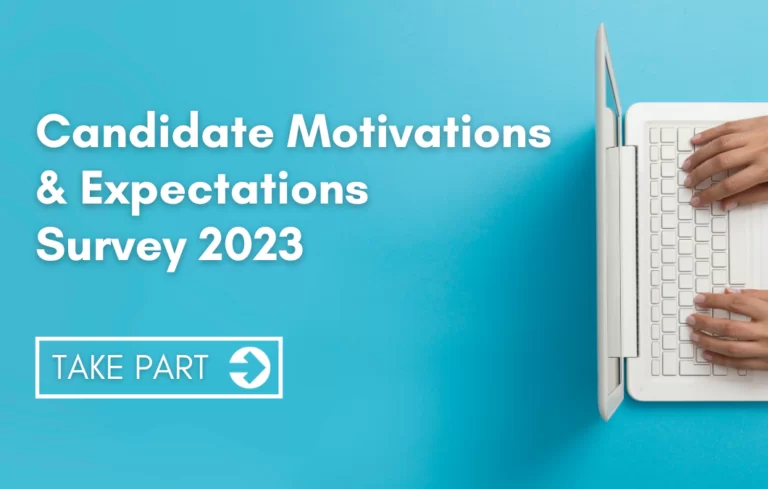Reasonable Adjustments in the recruitment process
In our recent disability in the charity sector survey, we explored disability in the workplace. Of those that shared they are disabled, just over 50% confirmed they were supported with reasonable adjustments, but only 33% confirmed they were supported in the recruitment process leading to their employment.
We don’t think the stats above are good enough and act as a barrier for more disabled people to get into work. As expert recruiters we are well placed to advise and guide our clients in all elements of their recruitment processes, and we focus on removing all barriers for our candidates. So, what are reasonable adjustments and how can you make sure they are a key part of your recruitment?
Firstly a ‘reasonable adjustment’ is a change that is made to remove or reduce a disadvantage related to:
an employee’s disability when doing their job
a job applicant’s disability when applying for a job
By law, employers must consider making reasonable adjustments when:
they know, or could be expected to know, an employee or job applicant has a disability
an employee or job applicant with a disability asks for adjustments
Every person is different, and their needs and requirements will be unique, which is why adjustments need to be considered and deemed reasonable on a case-by-case basis. They do not however need to be complicated or costly for an organisation to implement as part of their recruitment process. What you should always bear in mind is reasonable adjustments are there to ensure that all applicants are able to give their best throughout the recruitment process.
The only way you can ensure you know what reasonable adjustments are required though is by asking the question. Give each applicant the opportunity to tell you about a reasonable adjustment they may require and ask the same question at each stage of the recruitment process. Make it part of your ad copy; ask again about any test or written part of the process you require them to do; then again when it comes to the interview stage. Given the huge range of disabilities, health conditions and impairments there is no one size fits all approach.
Reasonable adjustments in a recruitment process could include:
Alternative formats of the job advertisement/application form available if requested
Applications submitted in an alternative format such as Video or Voice Note
If a building is not accessible considering the location of the interview for wheelchair users or those with limited mobility
Specialist equipment provided if needed for interview tests, for instance providing a special keyboard, a larger screen or compatible software
Giving more time for someone with dyslexia to do any written or reading tests that are part of the interview process
Interviews to be held in most appropriate format such as online or face-to-face
Interview questions provided to applicants in advance so they can prepare
Interview to be help on a specific day or time, suited to the applicants needs
Extra time provided at the any interview stage
Adjustments to lighting/ noise levels at interview
Provision of a support worker or BSL interpreter
This list isn’t exhaustive, but hopefully gives some indication of what reasonable adjustments could look like. The key is not to assume – ask the question and give the applicant the opportunity to tell you what will allow them to give their best during the recruitment process.
If you would like to know more about how you can make your recruitment truly accessible, our team would love to have a conversation with you, you can email or call us below.
Useful links for more information:
What reasonable adjustments are: Reasonable adjustments – Acas







